Fresh herbs at your fingertips are among the best things about late spring and early summer.
Editor Jane Garton discovers how easy they are to grow on your kitchen windowsill and reach out to while cooking.
For delicious flavours and rich aromas, you can’t beat herbs. What’s more they are great for supporting your health. And the good news is you don’t have to have a garden to grow them. Herbs flourish in small, confined spaces such as in pots on your kitchen windowsill or hanging baskets on a balcony.
How to grow herbs
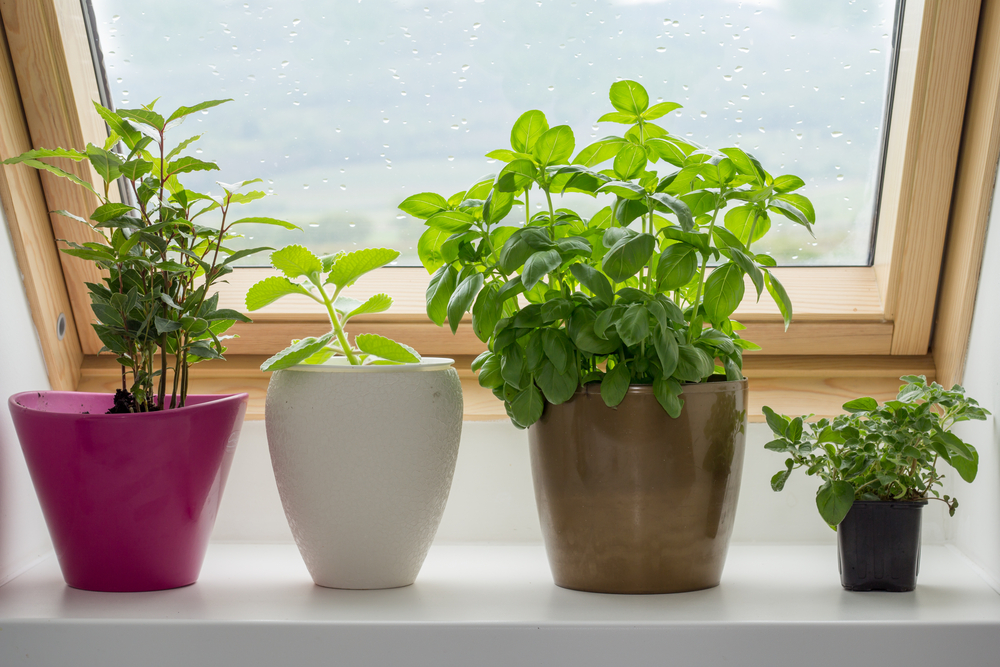
You can grow herbs from seed, but they can take several months to establish. Far better at this time of year to buy small plants from your local garden centre or supermarket and grow them on. As for what to grow them in, terracotta pots are traditional, but most herbs do well in plastic, ceramic, or wooden containers.
Avoid using soil from the garden as it can carry pests and disease. Garden soil also compresses over time making it difficult for water to pass through. Instead go for a good quality organic potting compost that’s light and well-draining. A south facing aspect which gets plenty of sunlight is the ideal position for your pots as, if starved of sunshine, herbs can become spindly and pack less of a flavour punch.
When to water
Most herbs in pots don’t need much water and won’t thrive in waterlogged soil but you need to make sure the soil does not dry out completely. Press your finger on the surface and if a little soil sticks to it there is some moisture in the soil, but if your fingertip stays clean and dry you may need to give them a light watering. Snipping and using your herbs often will encourage them to grow more and spread out.
Which herbs to choose
Herbs that don’t grow very wide or tall tend to thrive best in containers. Mint, rosemary, thyme and basil are great to get you started. Chives, lavender and parsley are other choices to consider.
Mint
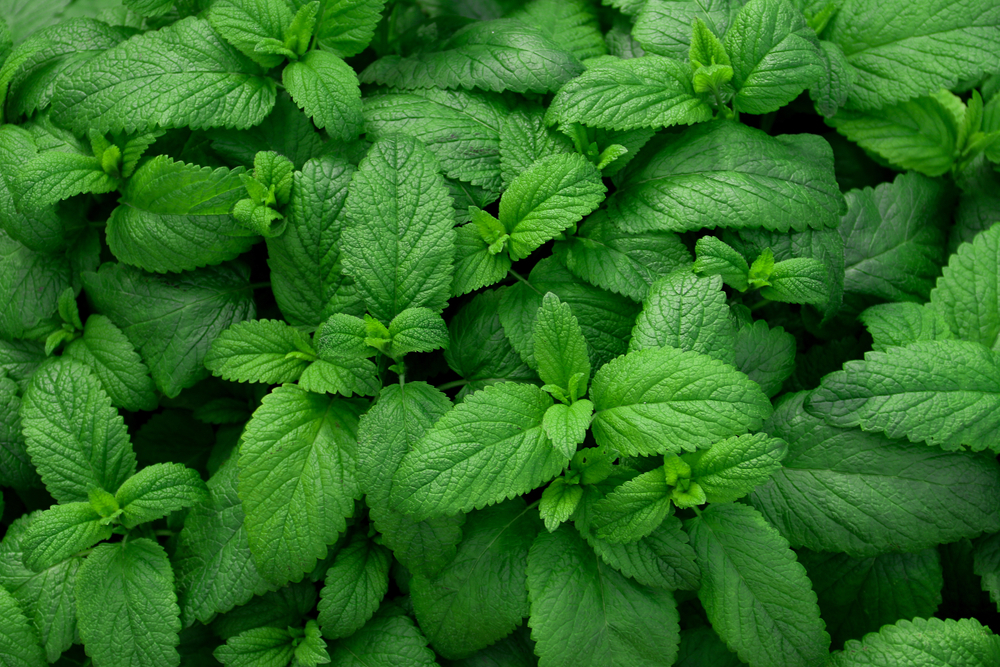
This is an ideal herb if your windowsill is on the shady side as it doesn’t require much sun. It’s also easy to take cuttings from a friend or neighbour’s outdoor plant. Simply cut some stems about 10-15cm long, pop them in a mug of water and within a week or so you should see roots appearing at the bottom of the stems. You can then pot them up in free-draining compost and grow them on.
How to use:
Pick a handful of leaves, put them in a mug with some hot water and leave to infuse for a few minutes for an uplifting tea.
Benefits:
Menthol, the active ingredient in mint, stimulates the production of bile as well as relaxing the stomach muscles, both of which help to improve digestion.
Rosemary

This beautiful fragrant evergreen herb is known for its longevity and over the years can grow quite big so when growing in a pot make sure you go for a compact variety.
How to use:
Great for adding flavour to dishes such as roast meat, vegetables, and stews. It can also be made into an uplifting tea. Simply add a few sprigs to a mug and cover with boiling water before drinking.
Benefits:
Greek scholars wore garlands of rosemary to sharpen their wits and more recent studies show that rosemary is good for improving memory and concentration.
Thyme
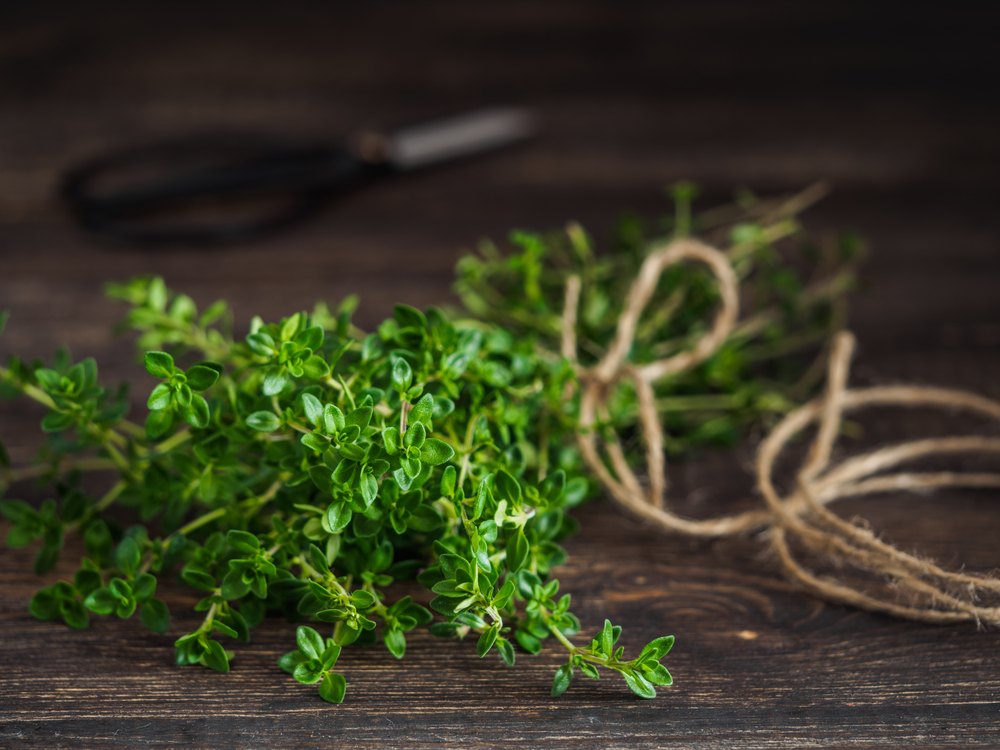
With its colourful fragrant foliage, thyme likes a sunny spot and a well -drained soil. It is best to start off with plants in pots filled with compost.
How to use:
Great for adding flavour to meats, stews, and fish as well as soups and stocks. It can also be made into an infusion and sipped as a tea.
Benefits:
Rich in the volatile oil thymol, thyme has powerful antiseptic, antibiotic, and anti-fungal properties. It is good for coughs, throat and chest infections.
Basil
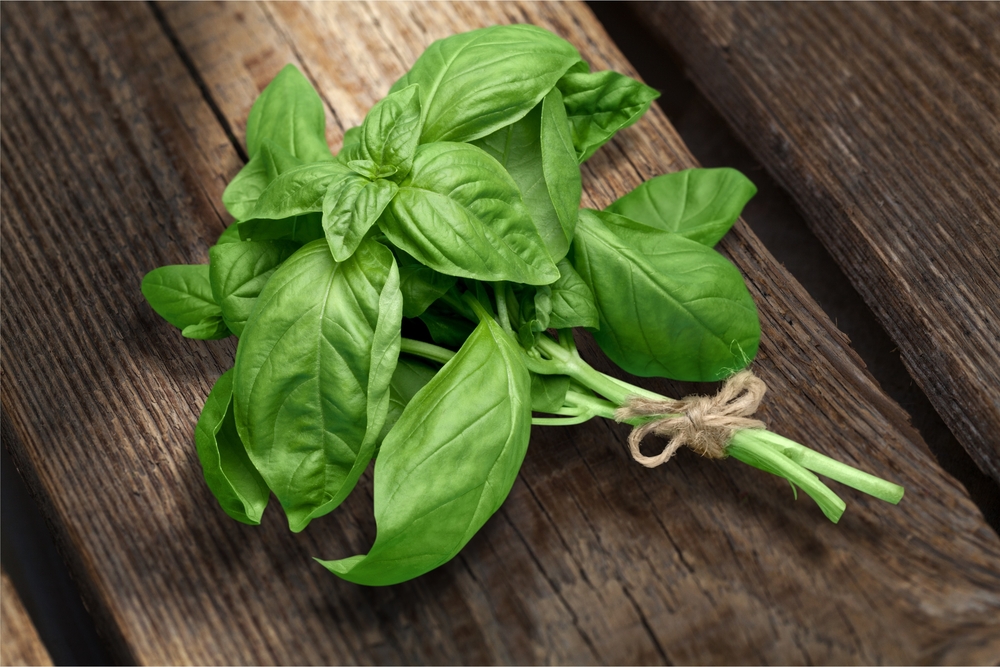
Nothing beats the taste of fresh basil, and it deserves a place on every kitchen windowsill. It thrives in a sunny spot and likes a nutrient-rich soil as well as consistent watering and feeding. When watering, however, it is important to find the right balance. Water as soon as the leaves start to droop but never keep it submerged in water.
How to use:
Basil is a natural partner for tomatoes and features highly in summer salads. It is also an essential ingredient in pesto and other tomato-based pasta sauces.
Benefits:
Basil is a good source of vitamin K and manganese as well as copper, vitamin A (in the form of carotenoids such as beta-carotene), and vitamin C. It may help to ease colds, fever and stress.
Try Lemon Balm
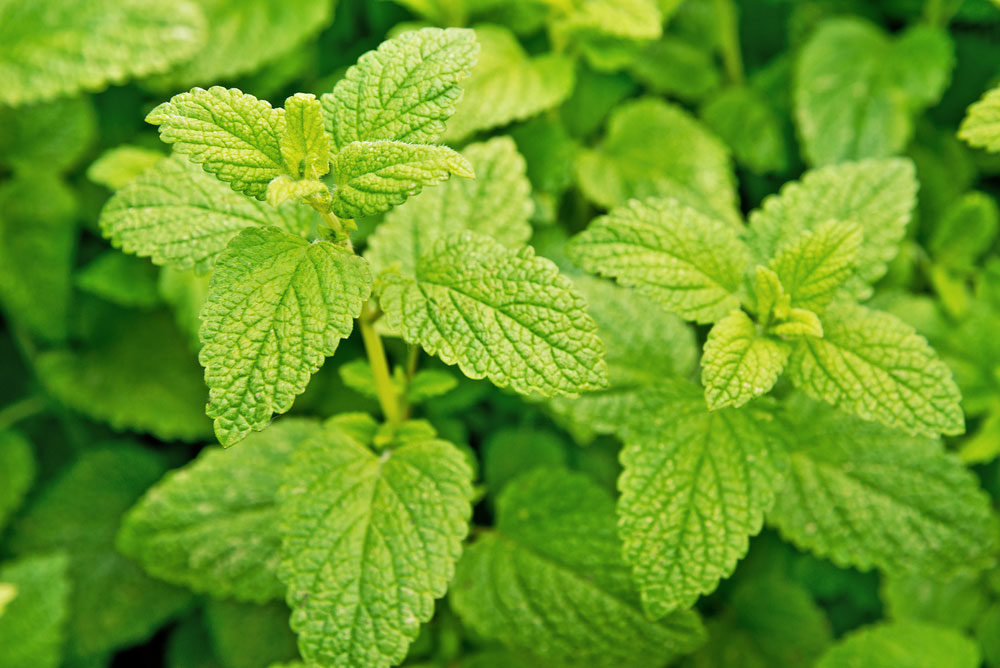
Buy a pot of lemon balm and keep it on a sunny windowsill. This pretty herb has long been valued for its feel-good properties. Just crushing the leaves and smelling them can have an immediate positive effect. Alternatively put a few of the crushed leaves in a mug, fill with boiling water and steep covered for 10 minutes. Make yourself a cup a couple of times a day.

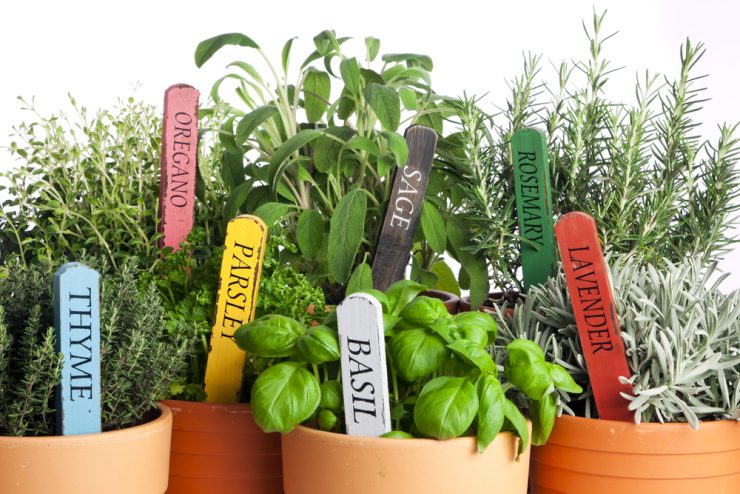






















Add comment